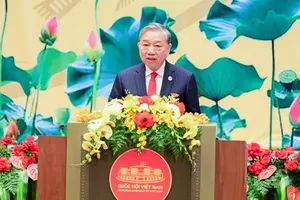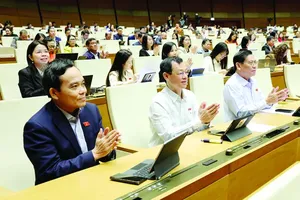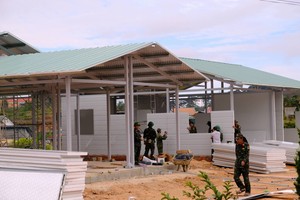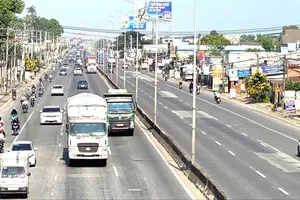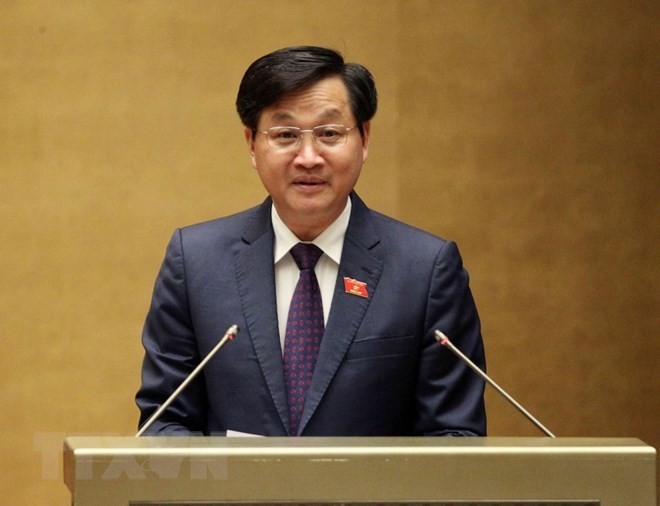
The chief inspector said most petition cases involving large number of petitioners were related to land, noting that some hostile forces took advantage of petition cases to incite people to join in mass gatherings or extremist acts, thus disturbing social order and causing negative psychological impacts on the public.
Explaining the causes of the situation, Khai pointed to outstanding shortcomings and mistakes in State management and law enforcement work, particularly in the planning of land use, the reclamation, allocation and lease of land.
The inspector general also noted that the heads of administrative agencies in some localities had failed to obey the regulations on receiving citizens and handling petitions and denunciations.
At the same time, a number of petitioners have low respect for law or lack knowledge about law, thus making unreasonable demands or continuing to make petition despite appropriate settlement.
According to the government’s report, administrative agencies have settled 27,580 cases of denunciation and petition within their jurisdiction, or 83.7 percent of the total cases, thus ensuring the rights and interests of 1,800 collectives and individuals. The agencies transferred nine cases to the investigation police, and requested actions to deal with violations by 462 individuals.
The Government Inspectorate and inspection agencies of ministries, sectors and localities conducted more than 1,300 inspections this year, and detected violations of regulations in 533 units.
The inspections revealed several problems in citizen reception and petition settlement work, the report said, citing as examples the poor implementation of the law on reception of citizens and the slow and ineffective settlement of petitions in some localities. It noted that there remains the evasion of responsibility in dealing with petitions and complaints, particularly complicated cases.
An evaluation of the Government’s report made by the NA Committee for Legal Affairs confirmed the statistics and assessments, but added that the report did not break down the numbers of petition cases in each sector such as social insurance, tax, customs and civil verdict enforcement. The report also failed to analyse the settlement of prolonged and complicated petition cases as well as the development trend of cases involving large numbers of people, including those with signs of involvement of hostile forces.
The NA committee also noted the emergence of complicated petitions in economic and civil fields such as the collection of tolls at roads built in the form of BOT, disputes between residents and investors in high-rise housing projects, and between banks and customers.
The NA committee said the Government report needs to make deeper analysis of the increase of petitions, and the quality and effectiveness of citizen reception work. It pointed to the fact that some top officials still delegate the responsibility of receiving citizens to their deputies, and fail to combine citizen reception with the settlement of petitions, which made citizens not trust the settlement made by authorized agencies and continue to appeal to agencies at higher levels.
The committee asked the Government to early promulgate a decree stipulating in details the implementation of the 2018 Law on Denunciations so as to meet the date the law takes effect on January 1, 2019.







